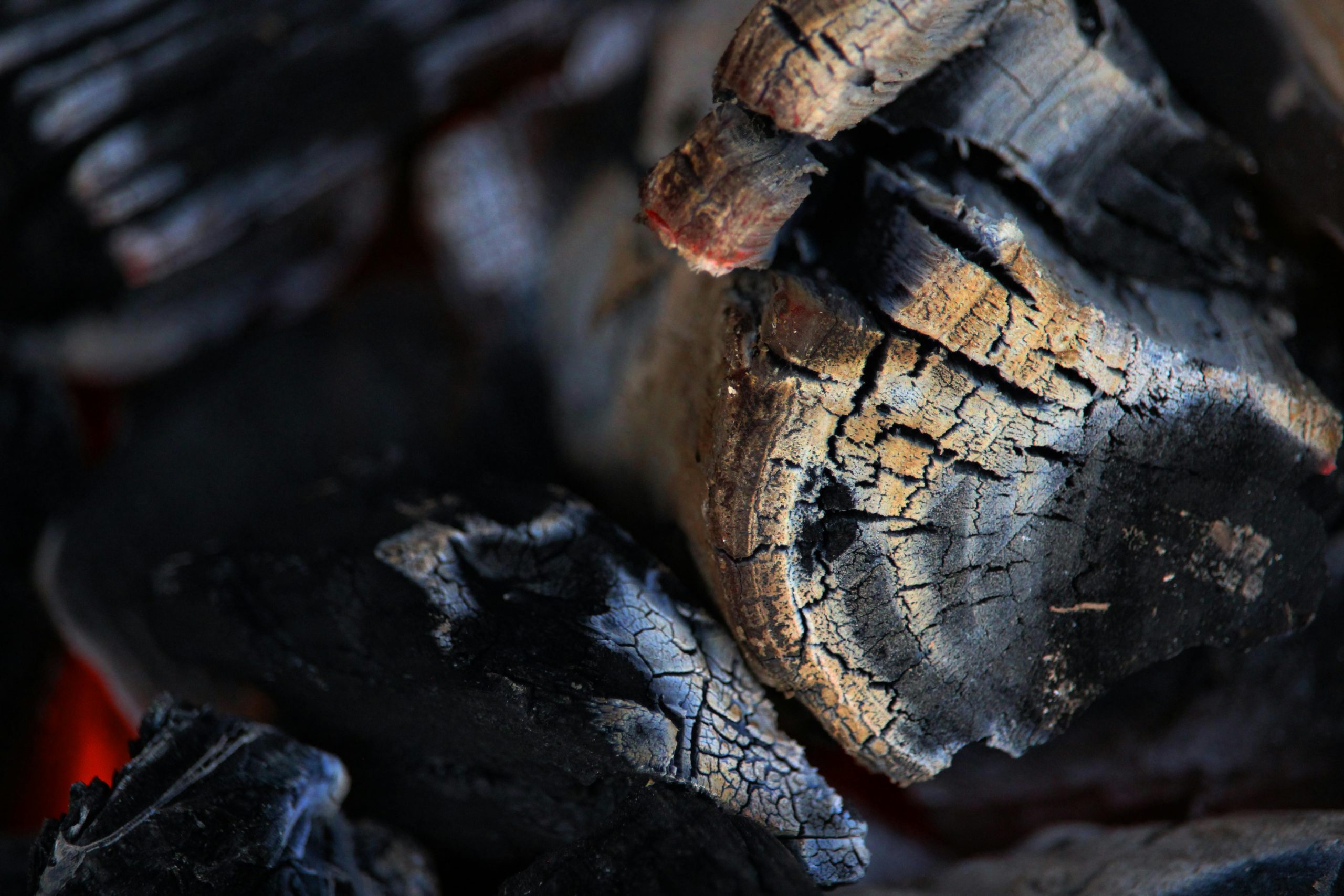As the world continues to search for renewable energy alternatives, Lithuania has emerged as a leading source of high-quality Firewood and biomass wood pellets. These eco-friendly energy products are helping reduce carbon emissions and providing sustainable heating solutions across Europe. Firewood remains one of the oldest and most reliable energy sources, yet with modern processing and eco-friendly harvesting methods, it is now more sustainable than ever. Lithuania’s focus on responsible forestry and renewable energy production has positioned the country as a key player in the international firewood and wood chip market.
The Growing Demand for Firewood in Europe
The global shift toward sustainable energy has led to an increased demand for firewood. Countries seeking to move away from fossil fuels are turning to firewood for heating homes, industrial use, and energy generation. In Lithuania, firewood production is carefully regulated to ensure forests remain healthy and balanced. This sustainable approach guarantees that every log of firewood contributes to a greener future. Consumers prefer firewood not only because it is affordable but also because it provides a clean and efficient heat source compared to non-renewable fuels.
Why Lithuanian Firewood Is a Preferred Choice
Lithuanian firewood stands out in the European market for its quality and sustainability. The country’s forests are rich in birch, alder, oak, and ash—trees known for producing dense and long-burning firewood. Harvesting is done under strict environmental standards to maintain forest regeneration. Proper drying processes reduce moisture content, ensuring that firewood from Lithuania burns hotter and cleaner. Many European households and industries choose Lithuanian firewood for its consistency, affordability, and eco-friendly nature.
The Sustainability Behind Lithuanian Wood Production
The production of firewood and wood chips in Lithuania is based on sustainable forest management principles. Each tree cut for firewood is replaced with new growth, preserving biodiversity and carbon absorption capacity. Forest waste, branches, and sawmill residues are often converted into firewood, reducing environmental impact. This cycle ensures that firewood remains a renewable and responsible fuel option. Additionally, Lithuania’s forestry industry complies with EU sustainability certifications, ensuring that every unit of firewood meets high environmental standards.
Benefits of Using Firewood as an Eco Fuel Source
There are many advantages to using firewood as a renewable energy source. Firstly, firewood is carbon-neutral because the carbon dioxide it emits during burning is offset by the amount absorbed during tree growth. Secondly, firewood provides cost-effective heating, especially in regions with cold climates. Another benefit is its versatility; firewood can be used in fireplaces, boilers, stoves, and even industrial heating systems. Moreover, firewood promotes energy independence by reducing reliance on imported fossil fuels. Communities that use firewood often support local forestry jobs, strengthening rural economies while maintaining ecological balance.
How Firewood Supports a Circular Economy
Lithuania’s approach to firewood production reflects the principles of a circular economy. Nothing in the forestry process goes to waste. Sawdust and bark are processed into biomass pellets, while offcuts and smaller branches are converted into firewood or wood chips. This system ensures that every part of the harvested tree is used efficiently. By promoting firewood as part of this sustainable cycle, Lithuania minimizes waste, reduces carbon emissions, and maximizes energy output.
Environmental Impact of Using Firewood
Unlike fossil fuels, firewood has a minimal environmental footprint. When sourced responsibly, firewood does not contribute to deforestation. Instead, it promotes continuous forest growth and sustainable land use. Modern wood-burning systems designed for firewood have high combustion efficiency, releasing minimal pollutants. Using locally sourced firewood also reduces transportation emissions, contributing to a cleaner and more sustainable environment.
Firewood vs. Other Fuel Sources
Compared to natural gas, coal, or oil, firewood offers numerous environmental and economic benefits. It is renewable, biodegradable, and easily accessible in forest-rich regions like Lithuania. Fossil fuels release stored carbon accumulated over millions of years, while firewood simply recycles carbon within the natural carbon cycle. Additionally, firewood costs are more stable, protecting consumers from volatile energy markets. These factors make firewood a preferred option for homeowners, eco-friendly businesses, and energy producers.
Choosing the Right Firewood for Efficiency
Selecting the right type of firewood is essential for efficient heating. Hardwoods such as oak and birch burn longer and produce more heat, while softwoods ignite quickly and are ideal for starting fires. Properly seasoned firewood, with moisture content below 20%, ensures cleaner combustion and less smoke. Lithuanian suppliers often provide pre-dried firewood that is ready to use, guaranteeing consistent performance. Consumers who choose well-processed firewood not only benefit from efficient heating but also contribute to sustainable forestry practices.
The Future of Firewood in Renewable Energy
As renewable energy technologies evolve, firewood continues to play a vital role in sustainable heating and power generation. Innovations in biomass energy systems are making firewood more efficient and cleaner. Lithuania’s investment in eco-friendly forestry ensures that firewood remains a reliable and renewable fuel for generations to come. The growing preference for natural energy sources demonstrates that firewood is not just a traditional fuel—it is part of the future of sustainable energy.
Conclusion:
Lithuania’s commitment to sustainable forestry and renewable energy has made it a leader in producing high-quality firewood and wood chips. With eco-friendly harvesting, efficient processing, and environmental responsibility, firewood from Lithuania offers an ideal solution for clean, renewable, and cost-effective energy. By choosing firewood, consumers support a greener planet, reduce carbon emissions, and contribute to a sustainable energy future. As the world moves toward renewable alternatives, firewood remains a vital, natural, and dependable eco fuel source for homes and industries alike.
